What is Fear?
It is easy to overcome fear? Fear is a complex emotion that typically involves an unpleasant feeling of dread or trepidation. Fear is triggered by both real and imagined dangers, and can range from mild worry to intense terror. It activates the body’s fight-or-flight response, which helps us react to threats. While fear can be useful in helping us stay safe, when it becomes constant or overwhelming, it can cause stress and impact our well-being. So, overcoming fear often requires time, self-awareness, and the right tools, but with practice and support, it is possible to manage and reduce its impact.
What makes you afraid?
Fear is a natural response to a perceived physical, emotional, or psychological threat. It often stems from uncertainty, experiences, or the instinct to avoid harm. For many, fear is triggered by the unknown—situations where outcomes are unpredictable, like starting a new job or facing an unfamiliar challenge. Others might fear failure, rejection, or loss, driven by the need for acceptance or stability. Sometimes, fear can be tied to specific events or objects, like public speaking or heights, while for others, it emerges from deeper concerns, such as not living up to expectations or losing loved ones. Ultimately, fear reflects our vulnerabilities, but the good news is that once you understand what makes you afraid, you can start to face it and grow stronger.
Related: How To Overcome Fear of Rejection? 12 Effective Steps
Related: Why Do I Feel Like a Failure? 20 Causes That Might Shock You
What are the symptoms of fear?
The symptoms of fear can vary depending on the person and the situation. However, some common symptoms of fear include:
- Feeling anxious or nervous.
- Feeling your heart rate increase.
- Feeling like you can’t catch your breath.
- Feeling dizzy or lightheaded.
- Feeling sweaty or shaky.
- Feeling like you might vomit.
- Feeling pressured to do it.
- Needing to escape.
- Feeling detached.
- Feeling physically stuck or unable to move.
- Imagine the worst.
- Muscle tension.
- Feeling tightness or stiffness in your body.
- Feeling like you may faint or die.
- Feeling powerless over your fear, even if you know it’s irrational.
How to Overcome Fear?

Here’s some advice to help you overcome fear so you can live life to the fullest.
1-Identify your fears:
What are you afraid of? Identifying your fear is one of the first things to overcome fear. Just like solving any problem, the challenge begins by understanding what’s causing your fear. Take a few moments to reflect on what’s making you anxious. Pay attention to your thoughts, emotions, and even how your body feels when you’re scared.
Writing down what you notice can help you understand your fear better. You might also find it helpful to practice mindfulness each day, which can help you become more aware of your thoughts and feelings. When you become more in tune with yourself, you’ll feel stronger and more confident to face your fears.
2-Name the fear:
Acknowledging your fear can give you the strength to face it. Say it out loud, write it down, or focus your mind on it. Ignoring fear only makes it bigger, but facing it can make it shrink.
3-Face your fears:
Ignoring fear can make it more formidable. When you face it, your fear should start to diminish.
When you confront your fear, there is a low probability of anything negative occurring. You can change the negative image in your mind to a safe memory, or just try to find a sense of peace, making it relatively easier when you face it again.
4- Use the Power of Positivity :
Positivity is a real superpower! Thinking positively not only takes the focus away from fear, but also helps you to feel safe, accepted, and loved. It can even increase your problem-solving skills.
By being positive, one can not only accept fear but can also use their rational mind to put their fears into perspective, providing a way to overcome them.
5-Imagine the outcome you desire:
Now that you have a clearer understanding of your fear, contemplate exactly what it is you want to change. Try to envision yourself living life without your fear. What kind of emotions does it bring?
For example:
- If your fear is dogs, attempt to imagine yourself seeing one without any feelings of apprehension.
- If your fear is heights, visualize yourself succeeding in an arduous hike. Connect with the sensation of accomplishment.
6-Educate yourself:
We have an intense fear of the unknown. If your fear is caused by a lack of information, then obtain the knowledge or information you need to evaluate the situation based on facts rather than conjecture.
7-Imagine the worst :
What real value does the thing you’re afraid of hold? Sometimes, we get so focused on whether we’ll succeed or fail in a particular endeavor that we lose sight of its actual importance compared to everything else that truly matters in our lives.
Take a moment to ask yourself, what’s the worst thing that could happen? While the outcome might not be ideal, you’ll often find that the fear of what could happen is much scarier than the reality of it.
8-Make pain into valuable insight :
Pain is something no one enjoys, so it’s natural to want to avoid it. But pain can also be a powerful—teacher. When you accept that life and the pursuit of your goals will involve some pain, those difficult moments can become growth opportunities. If you stop seeing pain as a threat to your survival, it loses its power and becomes just another way to overcome fear.
Everyone faces challenges in life. It doesn’t matter whether they’re personal or professional—what really matters is the wisdom you gain from them and how you use them moving forward. Instead of letting the fear of unpredictability from past struggles control your decisions, focus on learning from those painful experiences and taking control of your own path.
9-Avoid negative self-talk :
It is essential to not be too critical of oneself when feeling scared. Research has indicated that people who experience fear and anxiety tend to recall their negative experiences more than their positive ones.
Speaking negatively to yourself will only make the situation worse. Instead, try to tell yourself that it’s alright that you felt afraid today, and that you will try again next time.
Related: The Toxic Effects of Negative Self-Talk
10-Learn relaxation techniques:
An individual’s body automatically puts itself in a “fight-or-flight” mode upon experiencing fear. This response can be suppressed by practicing relaxation techniques. Relaxation communicates to your body that there is no peril and that you are secure. Relaxation can additionally help you manage other stress and tension in your life.
For example :
- Try deep breathing exercises. For 4 seconds breathe in, then for 4 seconds breathe out. When it’s easy, make your breath longer and count to six.
- If you observe your muscles tensing, be sure to reduce the tension. One way to do this is to tighten all of your muscles for three seconds and let them relax. Repeating this two or three times can help to dispel stress from your body.
Related: How Meditation Will Change Your Life?
Related: 10 Simple Tips For Becoming A Calmer Person
11-Take time out:
It is virtually impossible to think logically when you find yourself overwhelmed with fear. The first step to take would be to take a break to give your body a chance to settle down. Distract yourself from worrying for 15 minutes by going for a walk, brewing yourself a cup of tea, taking a bath, or taking a nap.
Related: 9 Types of Self Care Everyone Needs to Practice
12-Adopt a growth mindset:
When afraid, one can become stuck in one spot, fearing making a mistake or failing. This can lead to the belief that any progress is impossible, and the fear restrains them.
One of the most effective strategies to overcome fear and anxiety is to adopt a growth mindset. It is not about achieving one’s goals and being flawless every step of the way. No one can be perfect all the time, so one should refrain from striving for that. It is about becoming comfortable with the unknown and continuing regardless; this is the basis of a growth mindset.
No matter the number of errors or mistakes you make or how slow your progress is, you are still much further ahead than all those who are not attempting. As you strive to overcome fear, you will understand that there will be various difficulties along the way. As soon as you have acknowledged that the pathway to success is composed of growth and transformation, you will be one step nearer to achieving your ambitions and goals.
Related: The Power of Mindset Transformation: 15 Keys to Success
Related: 12 Steps to Cultivate Your Growth Mindset
Conclusion:
Fear is something everyone feels at times, and that’s totally normal. But if we learn what makes us scared and how to handle it, we can take control and live life more freely. It’s okay to be afraid, but we shouldn’t let fear make our decisions. When we face our fears with bravery, we often realize they aren’t as bad as we thought. Learning how to overcome fear is a process, but with practice, we can feel more confident and in charge.





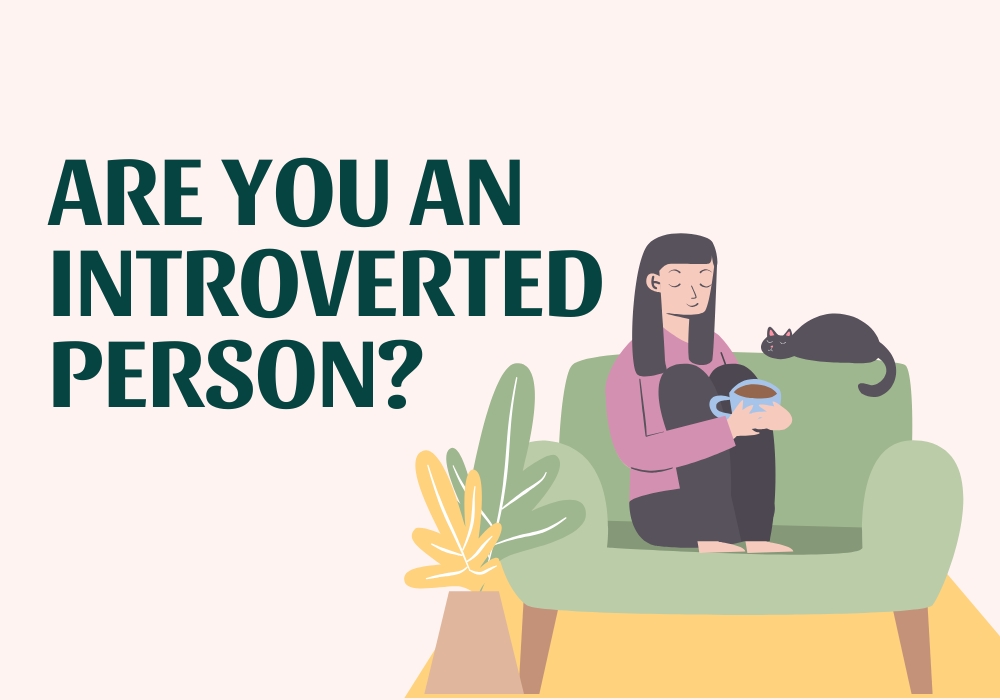
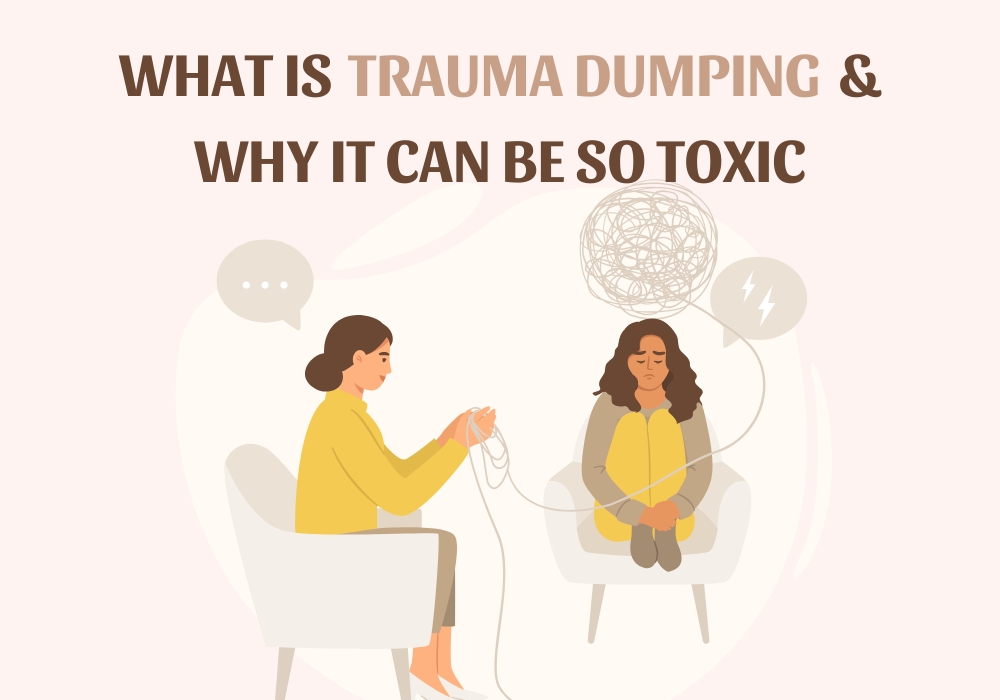
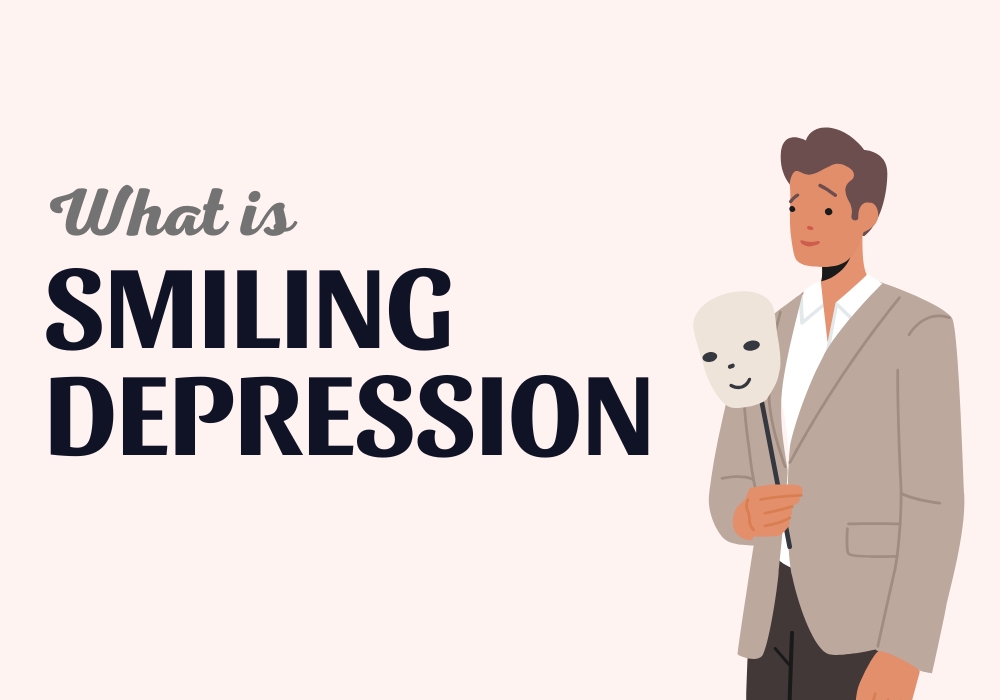
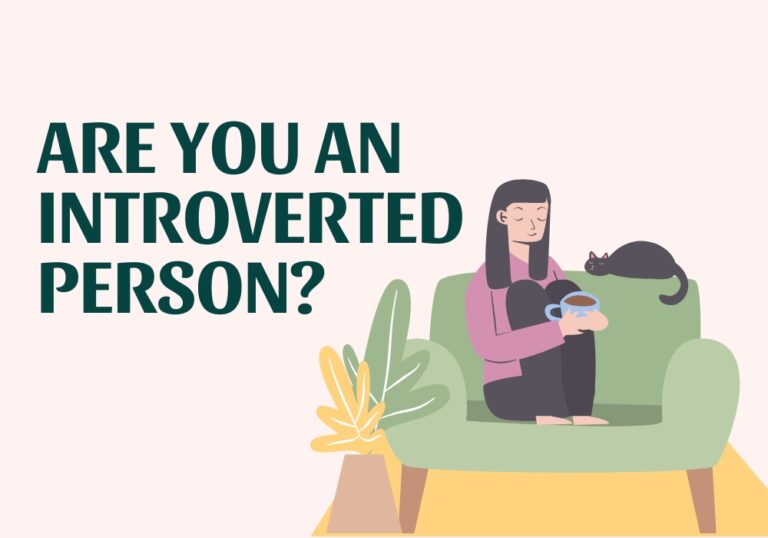
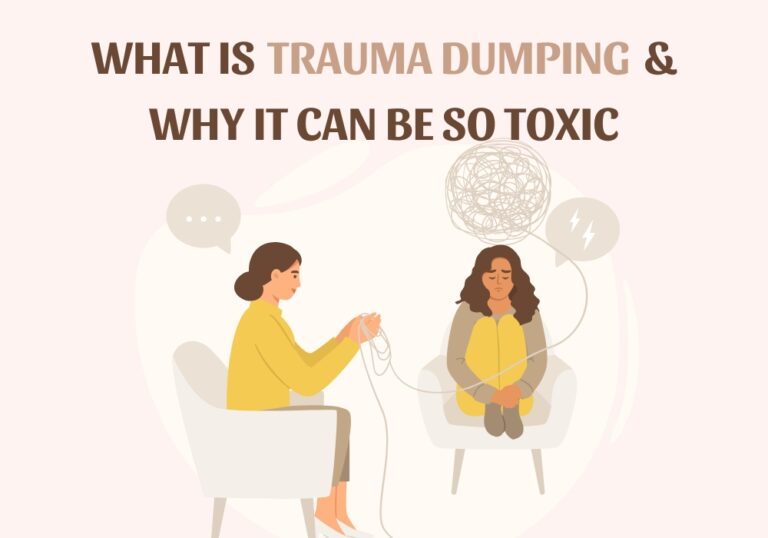
6 Comments
Your comment is awaiting moderation.
[…] attachment that forms between a victim and their abuser through repeated cycles of manipulation, fear, and intermittent kindness. This bond creates a strong dependency, making it difficult for the […]
Really appreciate this.
Absolutely loved it here! Thanks for the great memories and fantastic service. I’ll be back for sure!
From start to finish, everything was perfect. Thank you for being so awesome and helpful!
awesome
Thanks!
You welcome ❤